Posted by Maris on 3rd Jun 2024
10 facts you didn't know about Scottish food & drink
Despite notorious bans in North America and the odd raised eyebrow from outside, Scottish produce is a source of pride for the nation for good cause.
Food and drink has given the country many reasons to be proud, from elevating them to the position of luxury to being the moms of invention to producing meals that can be used as athletic equipment.
These seven facts about Scottish produce could surprise you.
In the USA, haggis is prohibited.
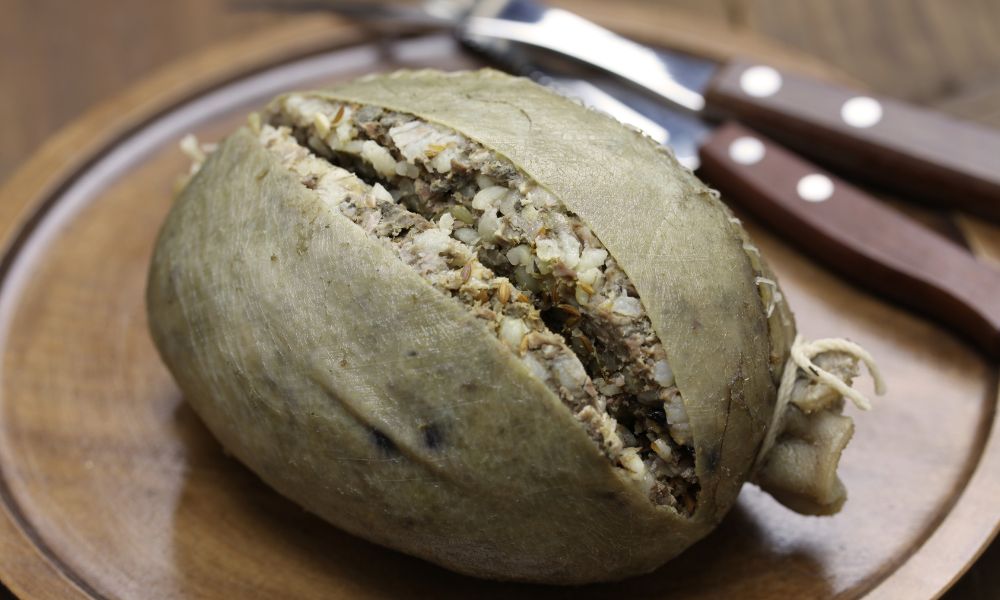
Though it sounds so absurd you'd think it would be a joke from Brass Eye, haggis has actually been outlawed in the United States since 1971 by the US Department of Agriculture because a crucial component—sheep's lung—is legally classified as a "inedible foodstuff. America, it's your loss.
Haggis hurling record
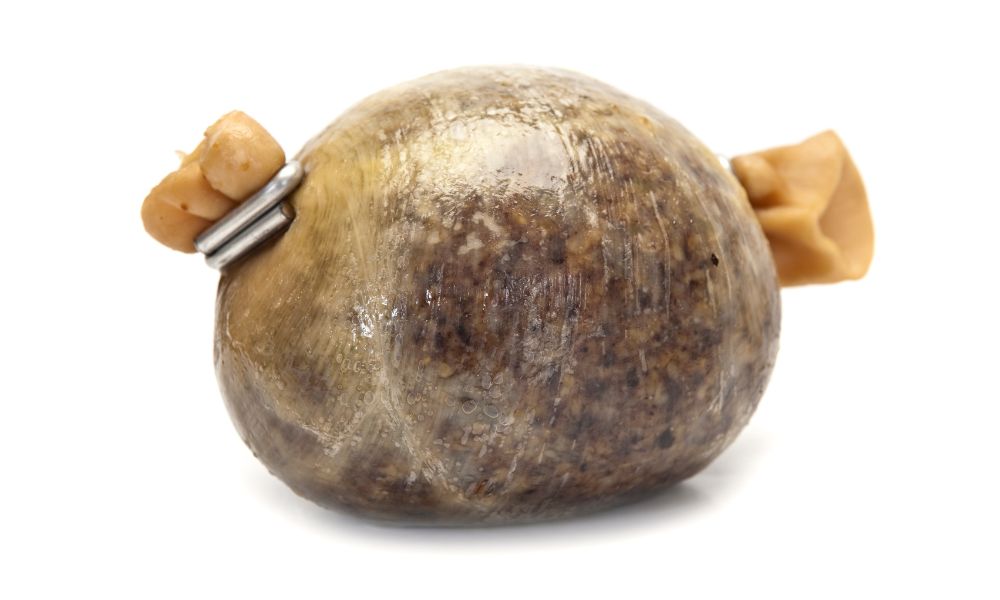
The haggis is not just a staple of the Burn's dinner meal but also a source of national sporting greatness.
'Haggis hurling' is a strength-based competition free of overly restrictive regulations; the object is to throw your sheep's lung as far as you can.
At the 2011 Milngavie Highland Games, 19-year-old Lorne Coltart set the current Guinness world record by tossing a 1.5-pound haggis over 217 feet.

Rival bridies
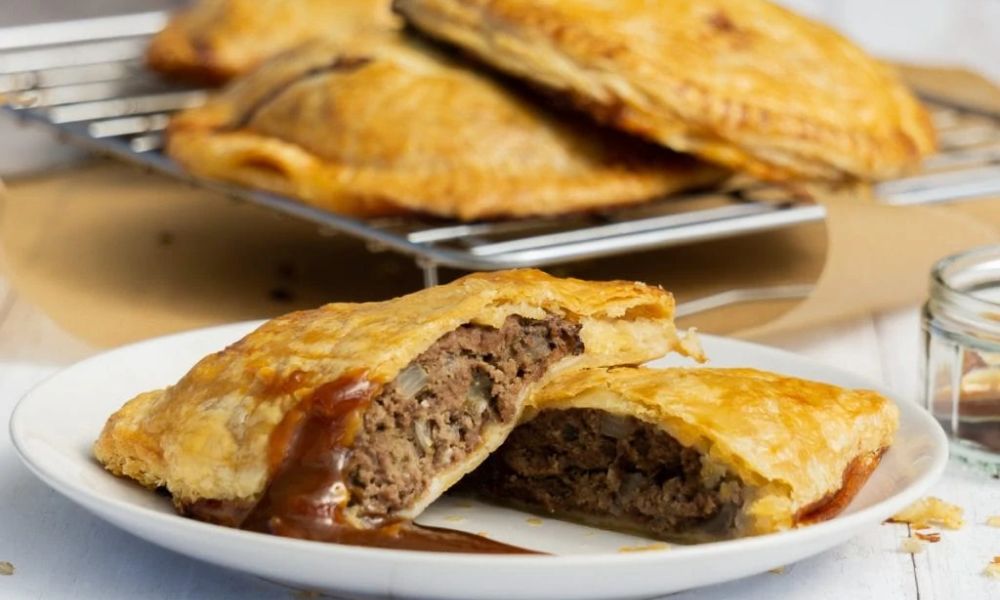
Although the Forfar bridie is a pie rich in Scottish heritage, local producers disagree over where the word "bridie" came from. According to Saddler's Bakery, the pie was given its name in honor of Maggie Bridie, who sold the pies at neighborhood farmer's markets, earning the moniker "bridie's pies."
Another hypothesis, which explains the pie's horseshoe-shaped symbolism for good luck, contends that the pie was named because it was a delicacy reserved for special events like weddings (hence the term "bridies").
Old money Highland Coo
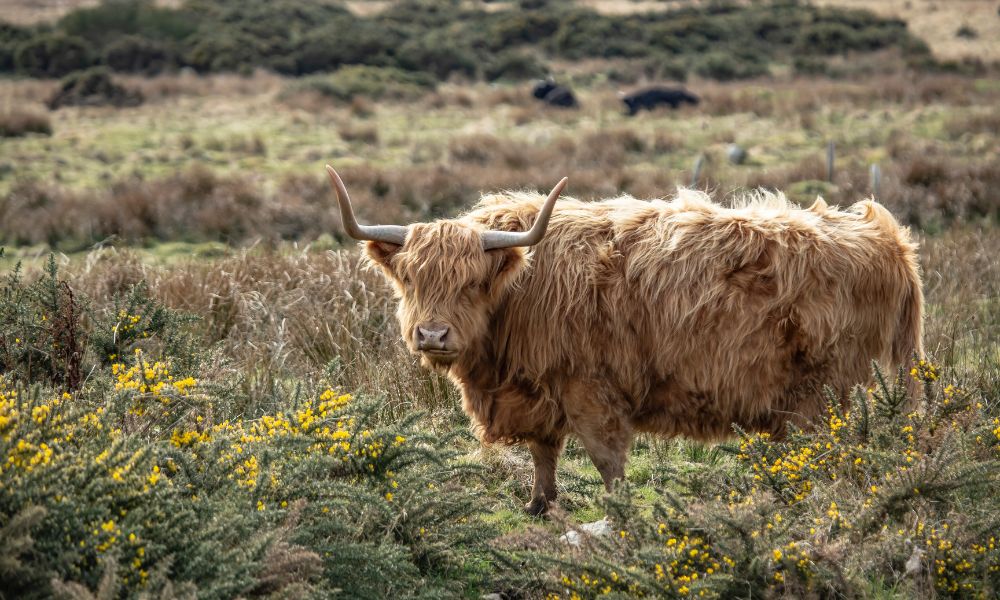
With initial written records of the animal dating back to 1884, the well-known shaggy-haired cattle with its origins in the Scottish highlands are the oldest registered breed of cow in the world.
The Scottish beef sector contributes significantly to the nation's economy; in 2015, its value was estimated to be around £675 million.
French seal of approval for Scottish Salmon
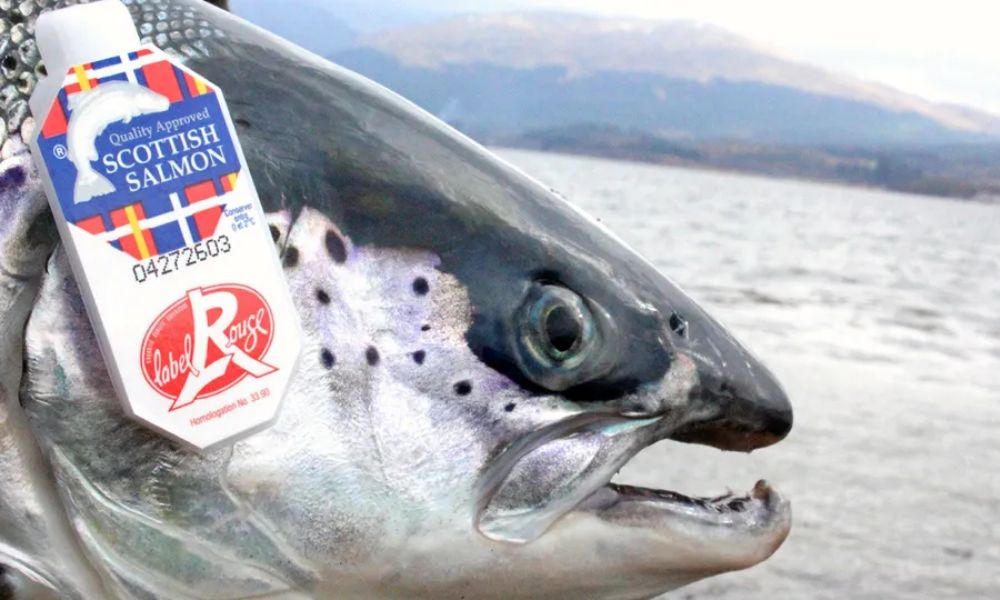
Scottish-farmed salmon has been the recipient of the Label Rouge, the French government's highest quality food award, for more than 22 years, despite the sometimes one-sided nature of the connection between France and Britain when it comes to culinary exchanges.
This nation's salmon was the first non-French commodity to win such an award.
Slow-take on whisky
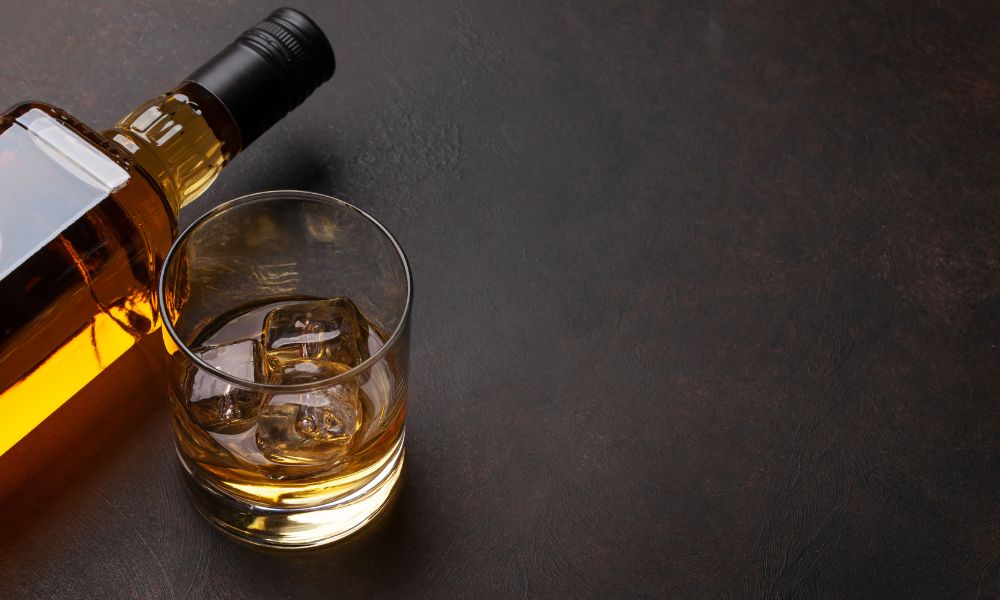
Although Scotch Whisky is a highly valuable local product in the UK economy, it was believed to have originated in China. It wasn't until a century later that monks in Ireland began distilling the spirit, and even then, it wasn't thought to have crossed the Irish Sea.
With its origins reaching back barely to the 1400s, this renders Scotland's whiskey business a simple bright-eyed, bushy-tailed start-up.
Mad for mackerel
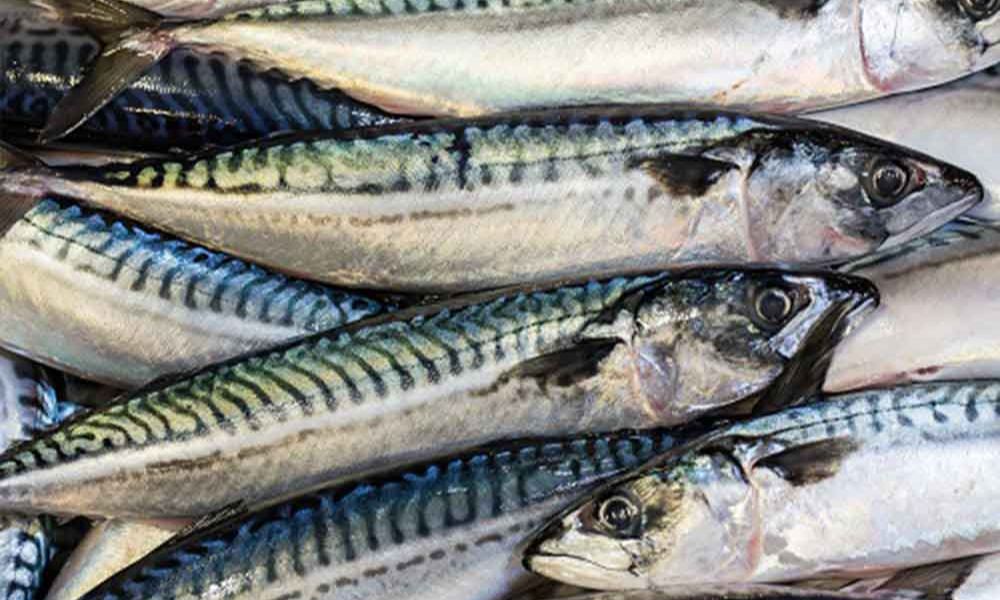
In Japan, seafood is highly valued and forms a significant portion of the national diet.
Scotland is one of the world's largest exporters of food and drink to the land of the rising sun, with multimillion-pound exports of mackerel to the nation.
Dundee Marmalade legend
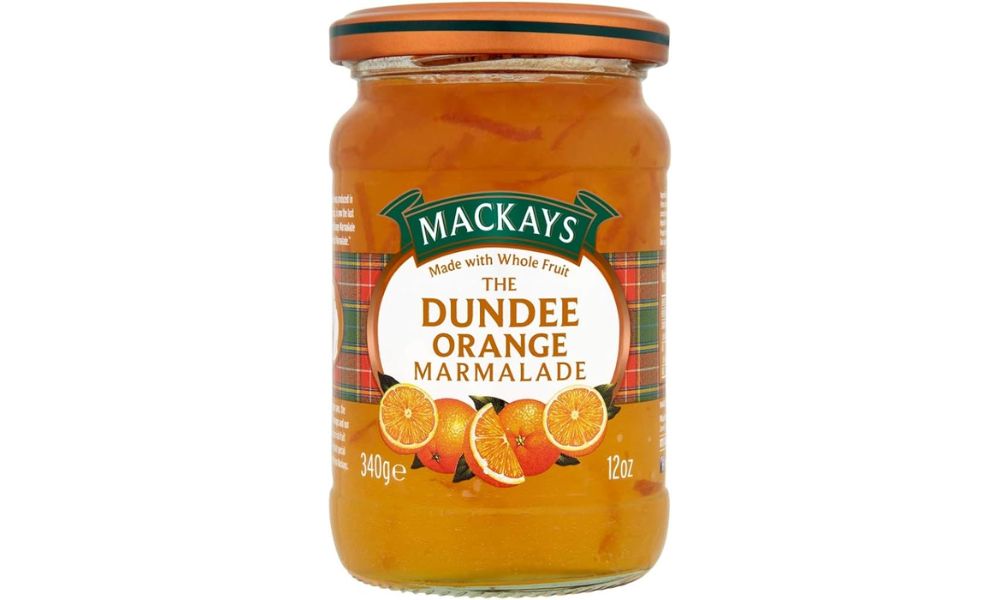
Although there is ample evidence linking Dundee to Paddington Bear's preferred preserve, the origin of marmalade remains a mystery.
Rumor has it that grocery store owner James Kellier purchased a substantial amount of oranges at a discount after a Spanish ship carrying oranges from Sevilla became stuck in the local port.
Mars says 'non', Paris says 'oui'
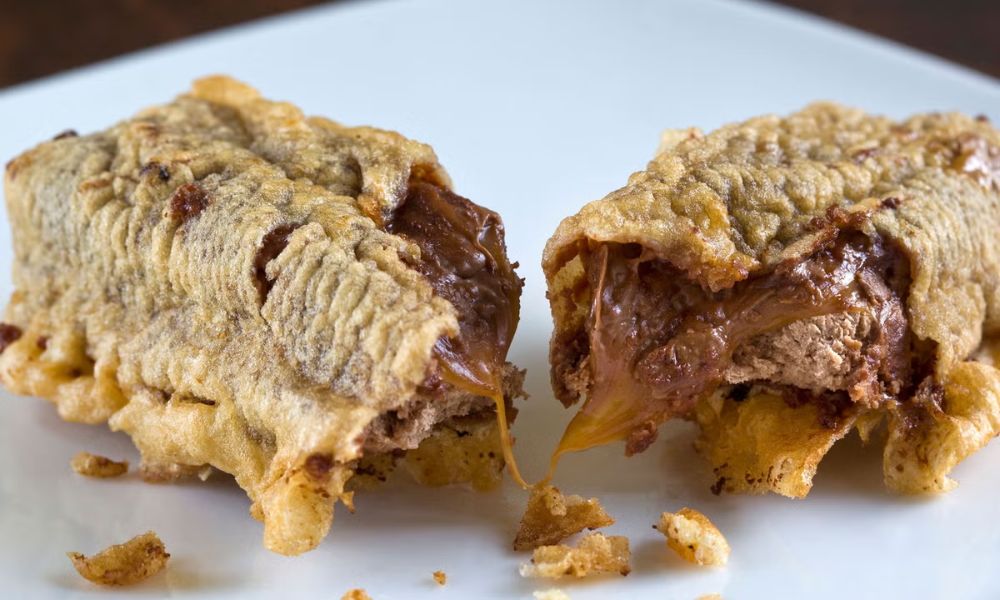
Even though they have become legendary, the Mars company has not yet formally endorsed the deep-fried Mars Bar.
When word got out about the chippie treat, the firm issued an official statement stating that "deep-frying one of our products would go against our commitment to promoting healthy, active lifestyles."
Scottish chef Ross Kendal introduced the delicacy to the epicenter of haute cuisine when he put it on the menu at Le Chipper, a restaurant in Paris, in spite of opposition from the product's creators. According to Vincent Noce of the French daily Libération, the treat was "not bad at all."
Tikka Masala territory
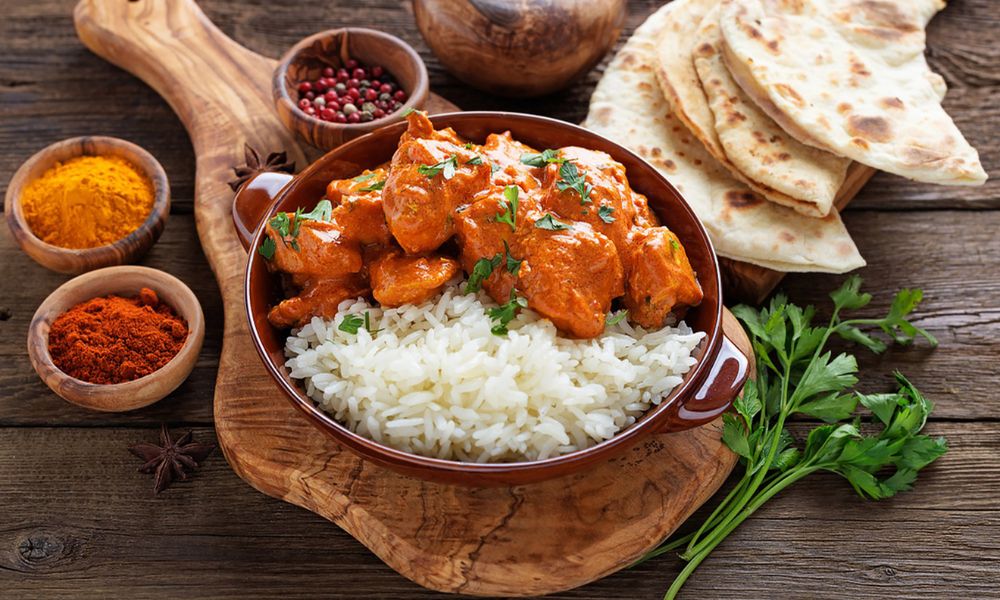
Whether Scotland is the true birthplace of the nation's favorite Indian cuisine is a contentious question. The chef at Glasgow's Shish Mahal restaurant, Ali Ahmed Aslam's son, claims that the tikka masala was invented on the premises after a bus driver returned a chicken curry, citing it as being overly dry.
It's said that Aslam proposed utilizing tomato soup and certain seasonings at the time, and the idea was well received. Eventually, the bus driver's recipe became a staple on the menu.
In 2009, Member of Parliament Mohammad Sarwar moved in the House of Commons to grant Glasgow EU protected geographical designation for the tikka masala. However, this motion was not pursued further, and Scotland continues to seek justice.

